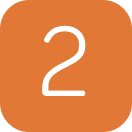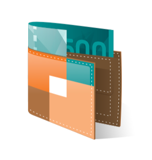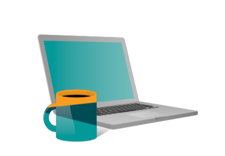Physical address
4 Merchant Place Corner Fredman Drive and Rivonia Road Sandton 2196
Postal address
PO Box 650149 Benmore 2010
to use your debit card safely
to use your debit card safely
when using mobile and online banking
Transacting
Do you find yourself in the same situation?
The bank keeps a record of all your transactions throughout the month and provides it to you in your monthly bank statement.

Verify the balance of your account at the beginning and the end of a month.

View all your bank transactions: what money came in and what money went out. This includes deposits, withdrawals, transfers, fees and interest earned or paid.

You can also see when a payment failed. For example, a debit order that bounced (didn't go through).
Distinguish between your

A debit card gives you the benefits of electronic banking. You or your employer deposit money into the account and you use the money that you have available. It allows you to shop without having to carry cash.

A debit order is another way in which you can pay a person or a business that you owe money to.

A stop order is a way in which you pay a person or business that you owe money. You instruct the bank in writing that they must take a set amount from your account every month and pay it into the bank account of that person or business.
to use your debit card safely
Cellphone banking, also called mobile banking, as well as online banking are all methods of banking in which transactions are conducted electronically.
when using mobile and online banking


Physical address
4 Merchant Place Corner Fredman Drive and Rivonia Road Sandton 2196
Postal address
PO Box 650149 Benmore 2010
